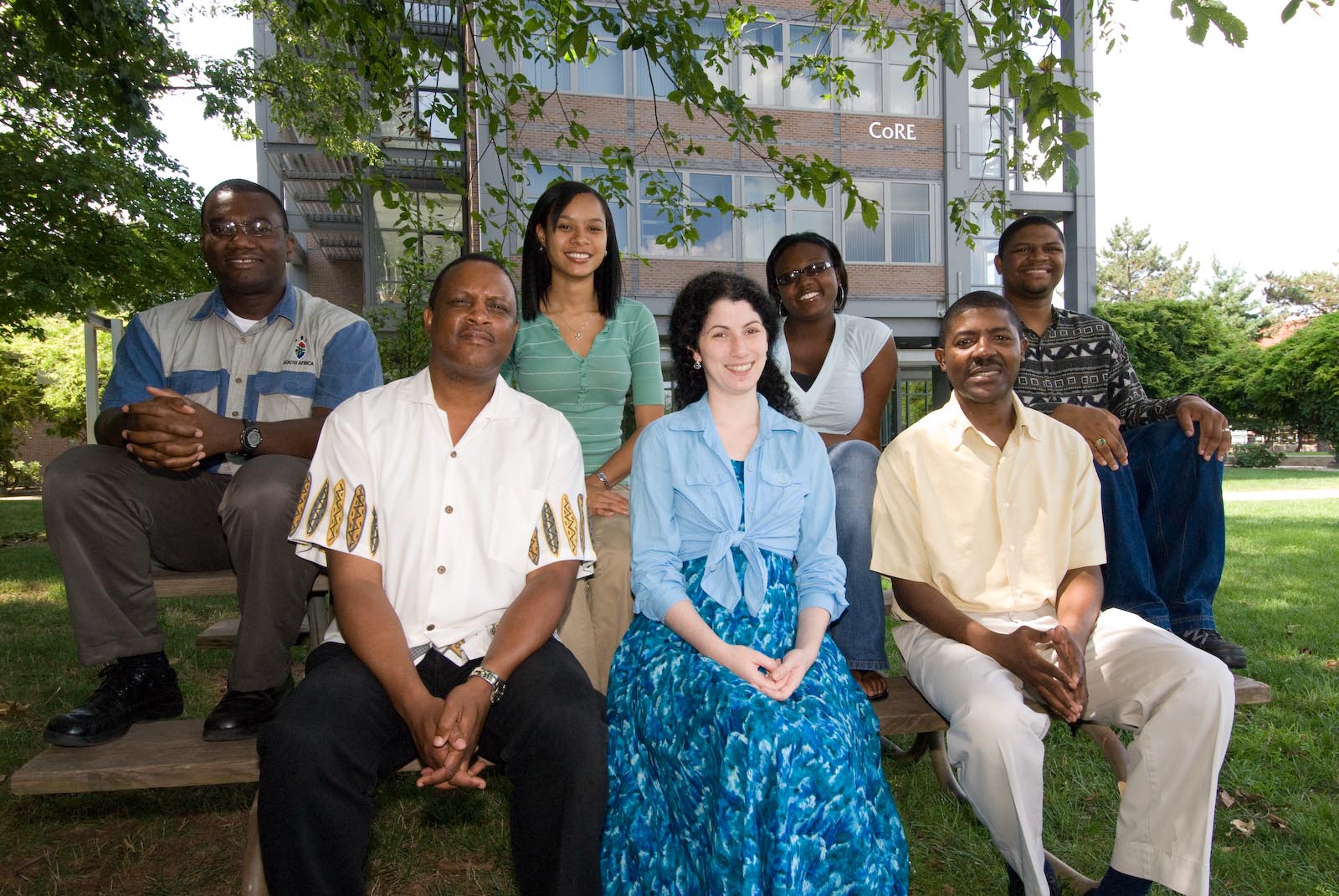
DIMACS/DyDAn Research Project on Potential Uses of Entropy in Biosurveillance
May 29 - August 20, 2007
DIMACS Center, CoRE Building, Rutgers University
- Organizer:
- Nina Fefferman, DIMACS/DyDAn, feferman@Math.Princeton.EDU
Presented under the auspices of the
DIMACS
Special Focus on Computational and Mathematical Epidemiology
and the Center for Dynamic Data Analysis (DyDAn).
Announcement:

Failure of disease surveillance systems to detect and alert authorities early into the onset of a disease outbreak can lead to avoidable increases in the incidence in and mortality from a disease threat, whether that disease results from environmental contamination, natural exposure from zoonotic infections, or purposeful acts of bioterrorism. Many different mathematical and statistical techniques have therefore been proposed to analyze incoming disease incidence reporting and to try and detect a differentiable signal from the unavoidable noise as early as possible after the onset of any event. The possibilities however, are far from exhausted and we have yet to develop a demonstrably reliable early detection method.
The information theoretic measure of entropy in a system fundamentally quantifies the amount of information conveyed within a particular signal. There are many ways of characterizing this measure. We hypothesize that the signal to noise ratio in reported disease incidence data may increase during the occurrence of disease outbreaks and that these increases may be observable when analyzed using entropy measures. If the hypothesized increases are statistically quantifiable, and if they are found to occur early enough in the progression of disease throughout the affected population, this may prove an invaluable tool for early-warning biosurveillance.
During the course of our research we will be investigating a variety of entropy metrics using a variety of disease data sources, and temporal and spatial scales.
Some of the team's work is mentioned in the August 2007 DHS Student & Alumni Newsletter and in the October 2007 Newsletter.
Call for Participation:
Our group is funded through a Department of Homeland Security grant for research support involving Minority Serving Institutions and will involve two teams of researchers, working together on the project:
DIMACS Project Mentor:
Prof. Nina H. Fefferman
Howard University Team:
Prof. Abdul-Aziz Yakubu
Devroy McFarlane (graduate student researcher)
Ashley Crump (undergraduate student researcher)
Morgan State University Team:
Prof. Asamoah Nkwanta
Anthony Ogbuka (graduate student researcher)
Nakeya Williams (undergraduate student researcher)
Calendar:
Our research will commence on the 29th of May, 2007 and will continue through the 20th of August. During that time, the student researchers will fly to South Africa to participate in the DIMACS organized
"US-Africa Advanced Studies Institute on Mathematical Modeling of Infectious Diseases in Africa". This experience will lead directly into their joining the professors on the team to participate fully in the
"DIMACS Workshop on Mathematical Modeling of Infectious Diseases in Africa" The team will then be based at DIMACS for the remainder of the summer.
 DIMACS Homepage
DIMACS Homepage
DyDAn Homepage
Contacting the Center
Document last modified on November 7, 2007.

